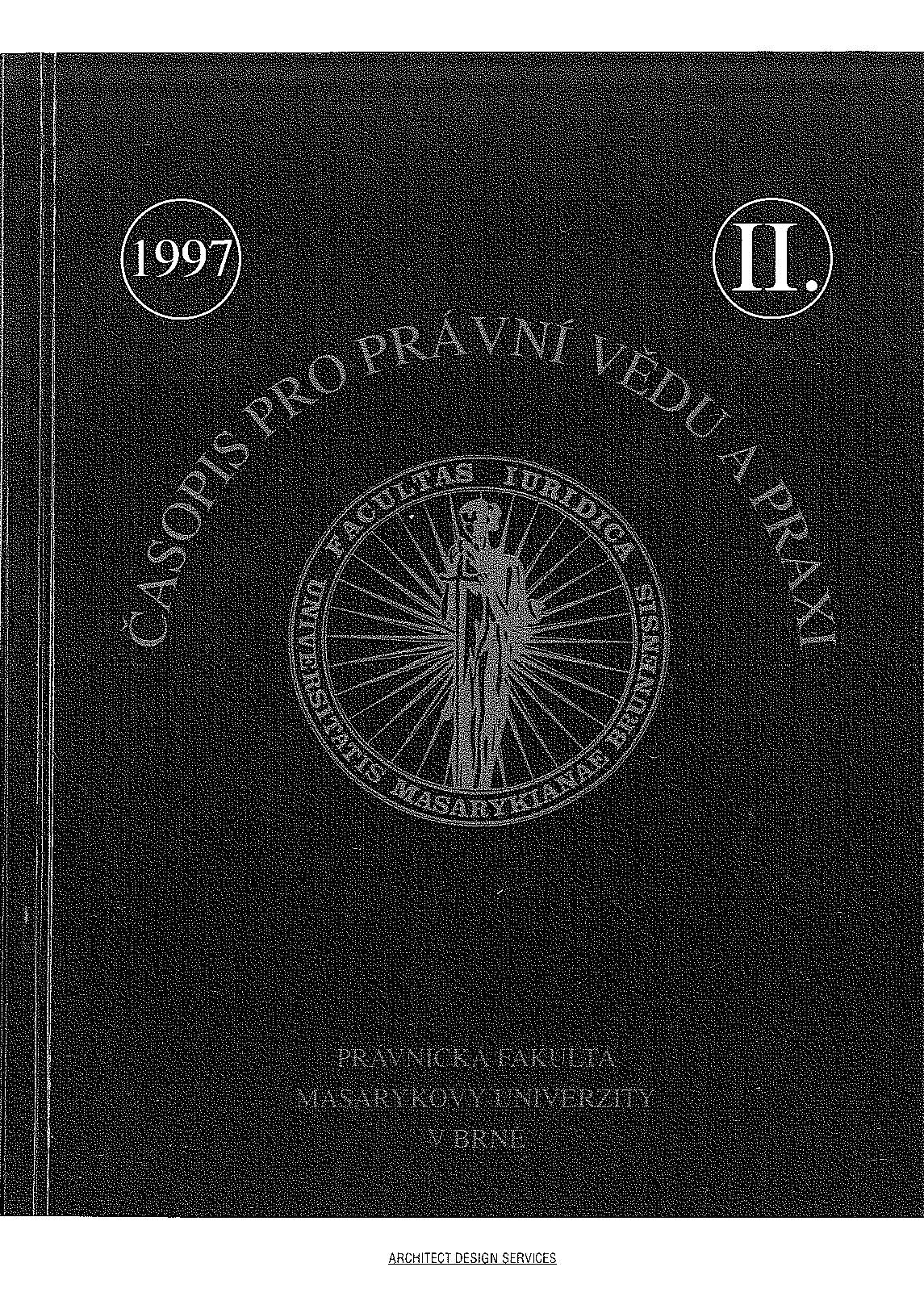Perspektivy liberálních koncepcí spravedlnosti
Perspektivy liberálních koncepcí spravedlnosti
Author(s): Daniel StejskalSubject(s): Social Sciences, Law, Constitution, Jurisprudence, Sociology, Welfare services, Philosophy of Law
Published by: Masarykova univerzita nakladatelství
Keywords: moral explanation;welfare state;Hayek;Rawlse;
Summary/Abstract: From the former commentory are evident our sceptical attitudes to the ideas of John Rawlse. The Rawlse s moral explanation of the welfare state and its full realization is not expected to come true. On the other hand we mentioned the ideas of Hayek as an example of another extreme which we also do not endorse as his principles could not work in the society without large and permanent commotions. We find the way out of this situation in the philosophy of David Hume. Hume justified the origin of the society by the mutual sex instinct that keeps people together before there is a new bond for the care of the offsprings. Except this he believes that we wilf obey certain rules (e.g. the inalinable right to property). He justified the function of these rules by an alfegation about the rule of law. We have got the chance to live in a society that is more conveniant for us because the effort of an individual is consumed by providing for various things that man needs for the necessities of the life and that is why he can never be perfect in any activity. This leads us to the conclusion that it would be incorrect to give up trying for the maximal justice in the limits of the "healthy brain". After alf the fegislators of alf civilized countries of the world can know this and they put it into practice. The basic principles of the social justice are also in the benefit of richer stratums of the population (it menas the higher and the middle classes) that want to avoid the social conflicts that in its final consequentions are not profitable for any of the social stratums. Therefore the current topic is to find out: "Where does the maxima! justice end in the limits of the healthy brain?".
Journal: Časopis pro právní vědu a praxi
- Issue Year: 5/1997
- Issue No: 2
- Page Range: 283-291
- Page Count: 9
- Language: Czech

